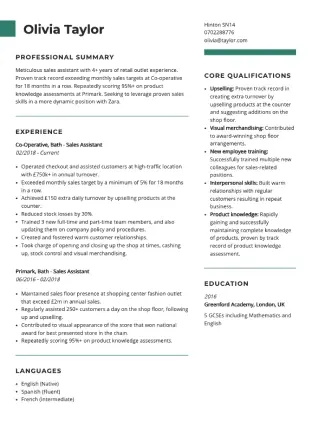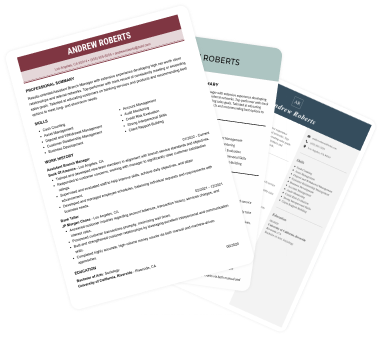
How to Write a Resignation Letter: Template Inside
Write a professional letter of resignation easily. Check our resignation letter template and samples for a smooth job transition.
Develop your professional career in UK with the free guides written by certified career advisors. Follow our tips to increase job satisfaction.

Our customers have been hired by*:

Create a CV and get a comprehensive review by an experienced analyst.
Crafting a job-winning CV is all about showcasing your unique skills and experiences. Start with a strong personal statement that highlights your career goals and achievements.
Try Our CV Builder Now